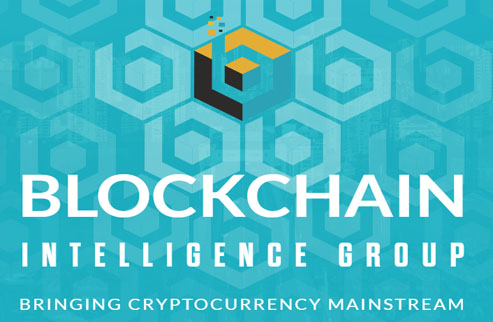Sustainable Aviation Fuel – The Newest Chapter in the History of Flight

Air travel is possibly one of man’s greatest inventions. It’s given us the ability to maintain connections across the planet & travel to distant parts exponentially quicker than a few centuries ago. As the industrial revolution continues & technological advancements & innovations spring upon us at the speed of light, mankind stands on a fragile precipice. Our thoughtless plundering of resources clubbed with a penchant to pollute our singular home has led us to a brink where climate change has become so severe, it could adversely alter life as we know it.
With estimates that air travel will potentially double by 2050, serious conversations need to be had & drastic measures taken, to reduce the impact flight has on the environment. To be specific, we must strive to curb & eventually (decades down the line), stop carbon emissions.
One such tactic being deployed, which is currently still in a nascent stage of application, is the use of ‘Sustainable Aviation Fuel’ or SAF.
What is Sustainable Aviation Fuel?
First utilized in the year 2008, Sustainable Aviation Fuel is a type of fuel whose chemistry is extremely similar to jet fuel, but it is produced from sustainable raw materials, commonly referred to as ‘feedstock’. As a safe, tested & proven alternative to traditional jet fuel, it’s estimated to reduce the amount of carbon emission across its lifecycle of use by around 80%.
In comparison to conventional fossil base jet fuel, SAF is produced from renewable & sustainably sourced waste and residual waste materials such as:
- Corn grains, oil seeds
- Used cooking oils, fats and grease
- Forestry & Agricultural residues like wood mill waste
- Solid municipal waste
- Wet waste (sludge and manure)
- Packaging, paper, textiles
- Algae & fast-growing plants
This process effectively recycles the carbon already present in the atmosphere while generating minimal amounts of carbon emissions. In addition, SAF also aids in reducing emission of air pollutants such as particulates & sulfur in the regions around airports by 90%.
Important Aspect of SAF:
Sustainable Aviation Fuel is also referred to as ‘drop-in’ fuel, due to its ability to seamlessly mix with traditional jet fuel without any difficulties. With absolute ZERO changes required in the design of expensive jet engines, infrastructure, storage, or the supply to and from airports, SAF can be blended in a ratio of up to 50% with conventional jet fuel and subsequently harnessed to power all types of flight.
Current State of SAF within the Aviation Industry:
SAF has propelled over 250,000 flights across the globe. Despite that, it accounts for a measly 0.1% of the aviation fuel market. A major reason for this is the immense cost of production which can range anywhere from 2 to 6 times the cost of widely used jet fuel. Being that SAF is a relatively novel idea being put to use, availability of feedstock combined with fewer production facilities & lesser developed technology can account for this cost difference.
Major airlines are signing or are on the verge of finalizing agreements with SAF suppliers in order to build more production plants. The transition to sustainable alternatives of fuel for aviation is only a matter of time but to expedite this process, government support is definitely required & incentive policies need to be rolled out. This will allow for large investments in research & development of state-of-the-art technology to manage the entire SAF ecosystem as well as to identify a new generation of renewable sources of feedstock.
Meanwhile the entire aviation industry looks to grab opportunities to reduce negative impact on the environment through more efficient aircraft design, optimizing cross-country flights, monitoring emissions & moving towards electrification of fleets across continents.
The MARKETSANDMARKETS SUSTAINABLE AVIATION CRYSTAL BALL EVENT scheduled for the 25th of July 2022 aims to discuss the future of the aviation industry, its biggest challenges, innovations, current trends & anticipated developments.
CLICK HERE TO EXPLORE THE VIRTUAL EVENT!
REGISTER FOR THE CONFERENCE HERE!
Ayush Kanitkar
MarketsandMarkets
+91-8975985061









